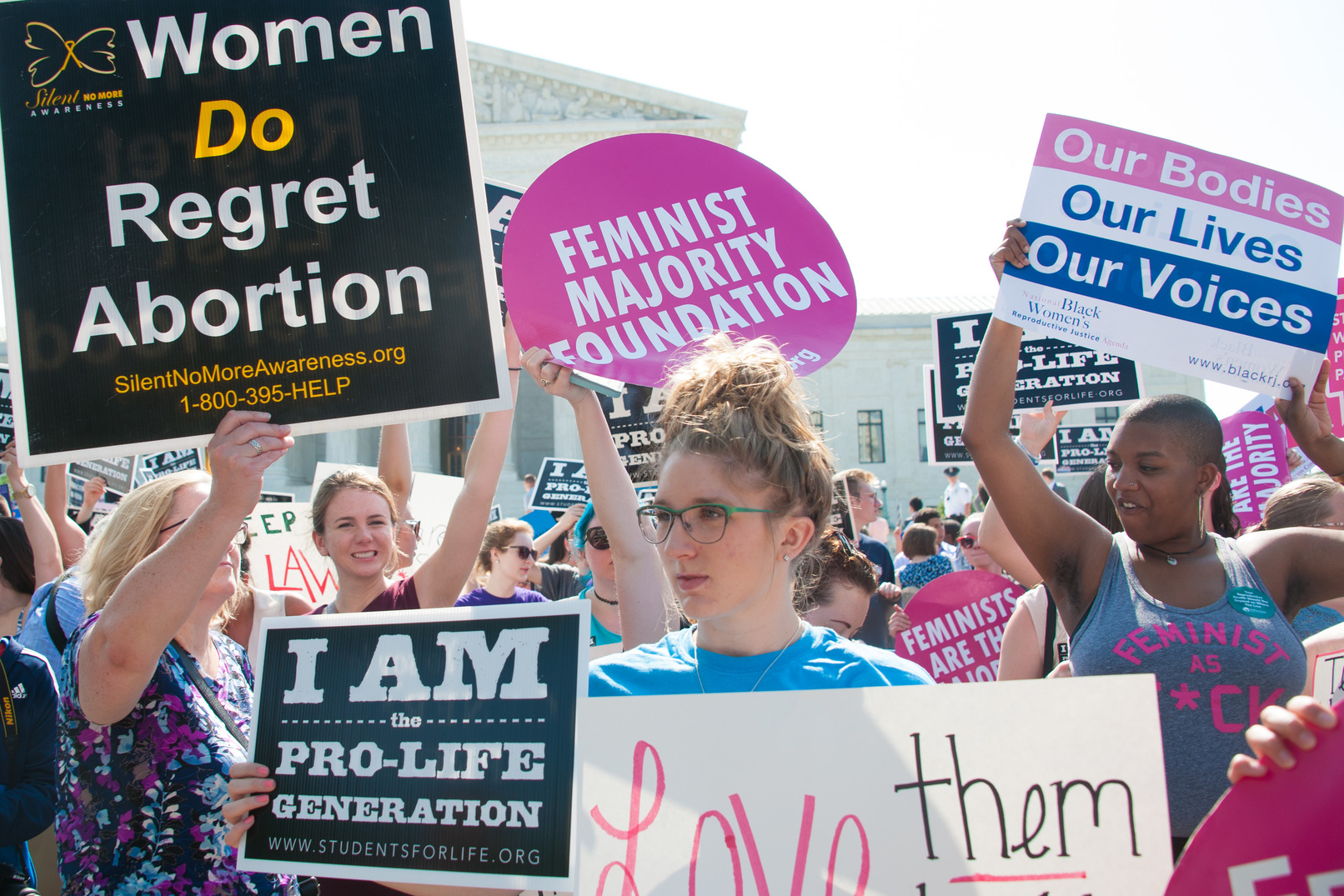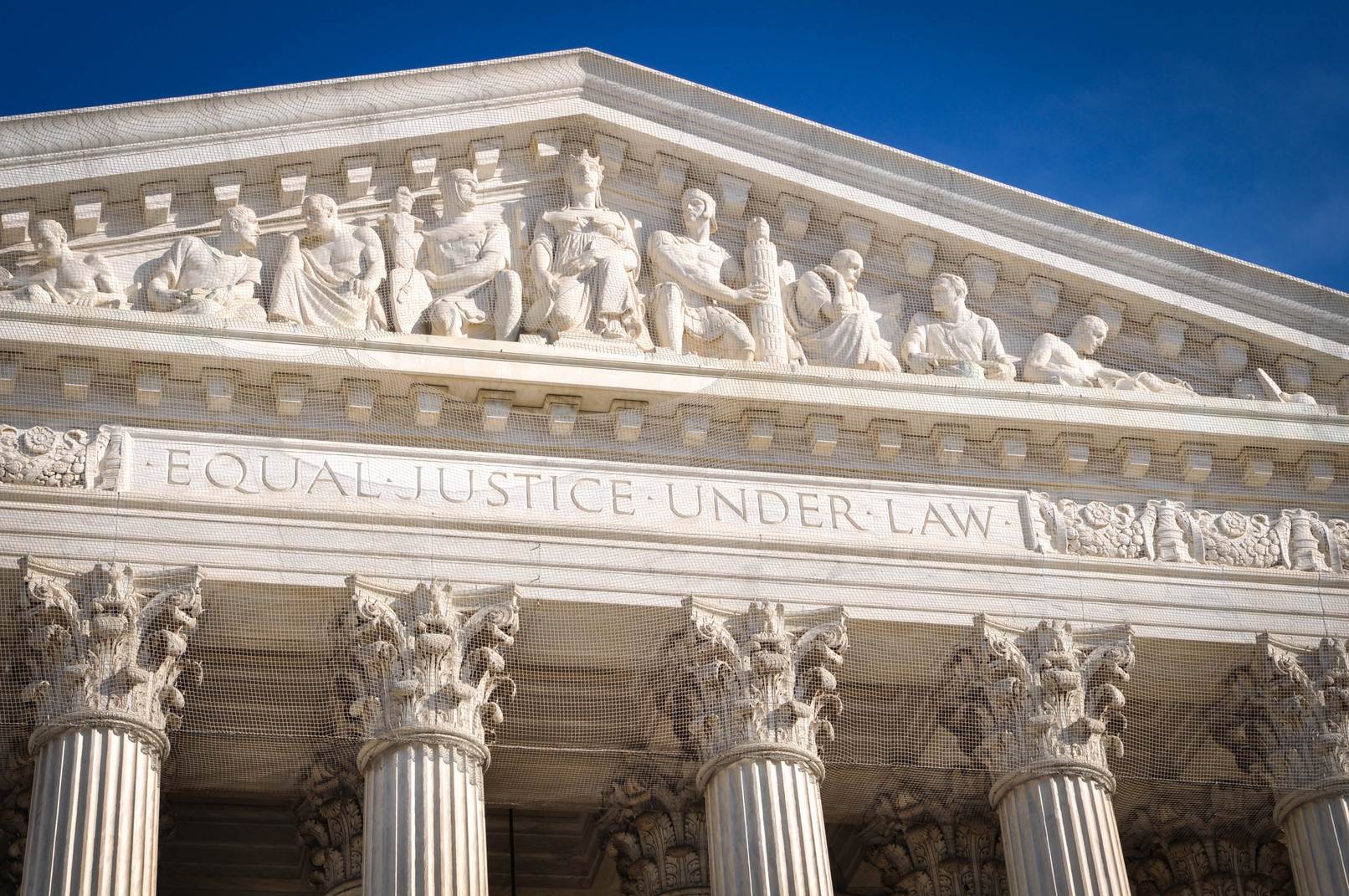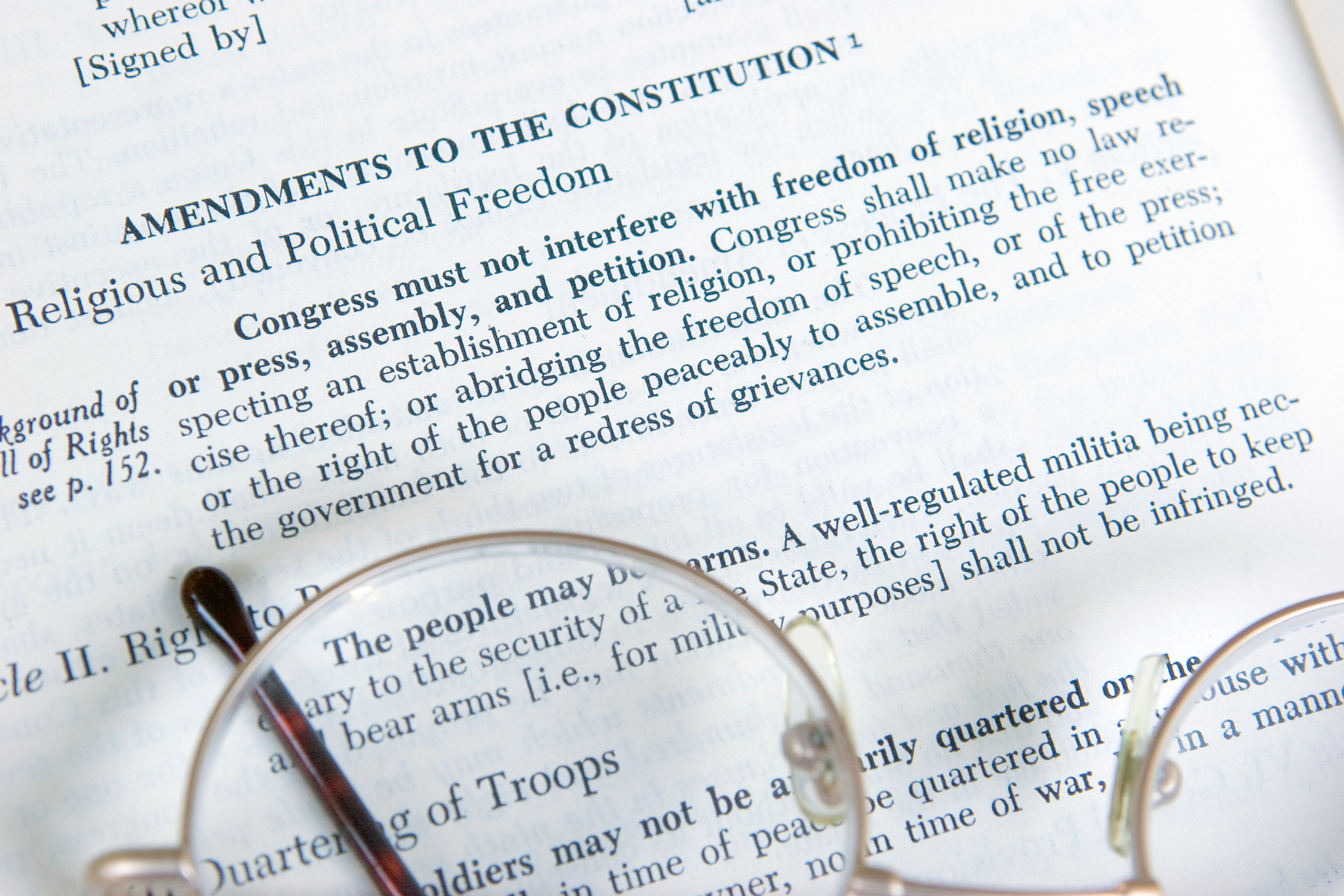A Dallas couple, in their attempt to adopt a Native American foster child, began a court battle involving the Indian Child Welfare Act (ICWA).
Articles Posted in Constitutional Law
Last week, the federal government issued a rule to withhold federal funding for family planning from groups that provide abortions or abortion referrals. To receive federal funding, clinics will need to physically and financially separate any services that receive government funding from organizations that provide abortions or referrals.
The US Supreme Court issued three decisions this week. In the first, Moore v. Texas, the Court reversed the Texas Court of Criminal Appeals on a death penalty case that had already come before the Court once, during its 2016 term. This time, the Court made its decision without oral argument. In a per curiam (unsigned) opinion, the Court held that the Texas court's redetermination that the defendant in that case does not have an intellectual disability and is thus eligible for the death penalty is inconsistent with with the Court's earlier decision in the same case.
On Tuesday, February 19, 2019, the United States Supreme Court denied certiorari in Katherine Mae McKee v. William H. Cosby, Jr., 586 U.S. ___ (2019), a lawsuit concerning Katherine McKee's claim against Bill Cosby for defamation where Cosby's lawyers released a letter allegedly damaging McKee's reputation for truthfulness and honesty. The First Circuit found McKee became a limited-purpose public figure when she made sexual assault allegations against Bill Cosby and, as such, would need to prove that the statements in the letter were both false and made with actual malice. United States Supreme Court Justice Clarence Thomas, writing a concurring opinion in the Supreme Court's denial of certiorari, called for a reconsideration of the doctrinal basis for First Amendment cases concerning defamation and libel.
A group of 16 states, including the border states of California and New Mexico, has gone to court to challenge the Trump administration's attempt to invoke emergency powers in order to fund the construction of a border wall. The lawsuit, which was filed in federal district court in San Francisco, raises not only constitutional issues related to who controls federal spending, but also may turn on issues of standing and statutory interpretation.
In the latest legal challenge to the US Customs and Border Protection agency's broad authority over the border zone, two women from Montana have filed suit after being detained at a gas station solely for speaking Spanish.
On February 25th, 2019, the US Supreme Court will hear arguments in Manhattan Community Access Corporation v. Halleck, a case that has garnered press attention for its First Amendment subject matter. The Court is being asked to consider, “when (if ever) the actions of a private nonprofit corporation operating a public access television channel…
On Thursday, January 31, 2019, the United States Court of Appeals for the Ninth Circuit published its en banc opinion in American Beverage Association v. City and County of San Francisco, No. 16-16072 (9th Cir. 2019), reversing and remanding the district court's denial of a preliminary injunction. The Ninth Circuit found that a San Francisco ordinance mandating warnings regarding the health effects of sugar sweetened beverages likely violated the First Amendment.
The Metropolitan Detention Center (M.D.C.), a federal jail in Brooklyn, is the subject of a new lawsuit and will be toured by a federal judge and senior federal defender after a power outage caused corrections officials to reportedly hold inmates on at least partial lockdown for days with no heat. A different judge has ordered the jail to allow inmates to have visits with their lawyers, which were apparently canceled last week as well.
California has implemented a Low Carbon Fuel Standard program since 2011, requiring sellers of oil, ethanol, and other fuels to reduce the carbon intensity of their fuel within certain deadlines. (Alternatively, they can buy credits from other companies that meet the requirements of the program.) Entities in the ethanol and oil industries recently challenged the…










